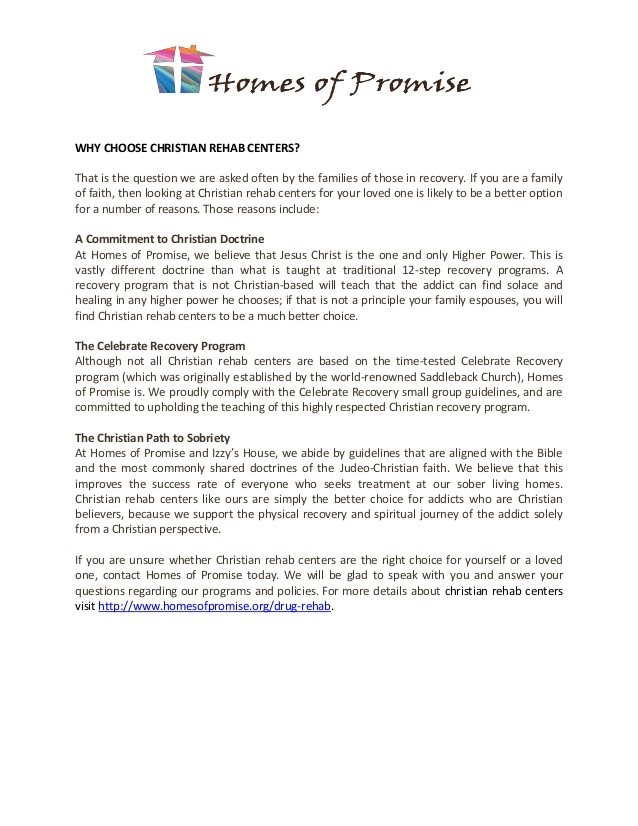Methadrine Addiction Treatment Clinic Watchung NJ
Home
Top Methadrine Addiction Treatment Clinic Watchung NJ Resources
Methadrine Addiction Treatment Clinic Watchung NJ
I can't explain the totally freedom I have I am in control of my life again. Twitter will use this info to make your timeline better.
He started smoking weed, … Loving a heroin and crack addict . I have been in love with a crack and heroin addict for a few years. Having all of these substance abuse resources here will help you to understand how addiction treatment works as well. You’re never struggling alone when you visit a faith-focused Christian recovery center. The counselor you reach on our crisis hotline can help you navigate the process and give you the specific professional guidance you need to help those you love.
Even more Details Around Dexedrine Detox Treatment Facility

More Resources For Avinza Detox Treatment Clinic Watchung NJ
Help Is Here For You There is no better time than now to achieve the healthy lifestyle that you deserve. Ask for the support and involvement of non addict friends and family. When you go to First Step, you are always in safe hands.
Even more Info About Dextroamphetamine Abuse Program
We were about 2 months into our relationship when I found out about his addiction to heroin. At Road to Freedom, we recognize that a one-size-fits-all approach to addiction treatment is ineffective.
Below are Some More Resources on Dextroamphetamine Abuse Program Watchung NJ
Our Christian counselors have all been through their own addictions and really know what it takes to be free from addiction and serving the Lord once again. Consequently addicts trapped in their addictions take drugs to cope with painful issues stemming from fear, grief, guilt, physical or mental abuse, which if left untreated causes high-anxiety and depression and drug abuse to cope with emotional and physical duress. Usually held in a group setting meeting multiple times a week to continue their addiction education and skill building. However, use of club drugs and methamphetamine production and abuse pose a serious threat in this beautiful state. The amount of time a patient will spend in an in-patient treatment program will depend on a variety of different factors. How we help you determine the best course of action to handle any drug or alcohol addiction problem depends on the need, situation, and legal problems that may or may not be associated with any addiction. Relapse prevention[edit] An influential cognitive-behavioral approach to addiction recovery and therapy has been Alan Marlatt's (1985) Relapse Prevention approach.[34] Marlatt describes four psychosocial processes relevant to the addiction and relapse processes: self-efficacy, outcome expectancies, attributions of causality, and decision-making processes.
Click Here for More Information
Previous Next
You may also like:
Morphine Rehab Facilities Steamboat Springs CO
Lunesta Addiction Rehab Lantry SD
Speed Detox Treatment Programs Dora AL
Laudanum Rehab Near Me Woolford MD
Speed Detox Treatment Facilities West Yarmouth MA
Peyote Addiction Programs Monticello KY
Private Drug Rehab Clinics Waterville PA
Christian Drug Addiction Rehab Centers Augusta MT
Molly Detox Center Oakwood OH
Hydromorphone Addiction Treatment Center Hood River OR
Psychological Causes Of Drug Addiction North Hero VT
Flunitrazepam Detox Treatment Clinics Scotts Hill TN
Lunesta Rehab Dolton IL
Heroin Support Fountain Inn SC
Ecstasy Detox Treatment Program Nankin OH
Barbiturates Addiction Rehab Center High Springs FL
Kadian Abuse Treatment Clinic Geddes SD
Clonazepam Detox Treatment Camp Pendleton CA
Treatment For Heroin Addiction Niota TN
Roxicet Addiction Rehab Clinic Centreville VA